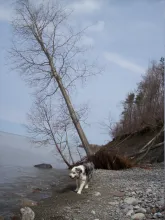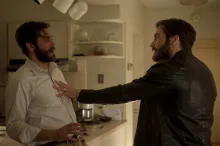TOTW: Resiliency and growing stronger
As I’m sitting down to write this Topic of the Week, I’m confronted with an array of ideas and thoughts of where to go with the topic after years of writing them. I’m writing from the season of winter or four months of cold, snow, wind, and grey overcast skies which can certainly present challenges of finding the bright spots.










